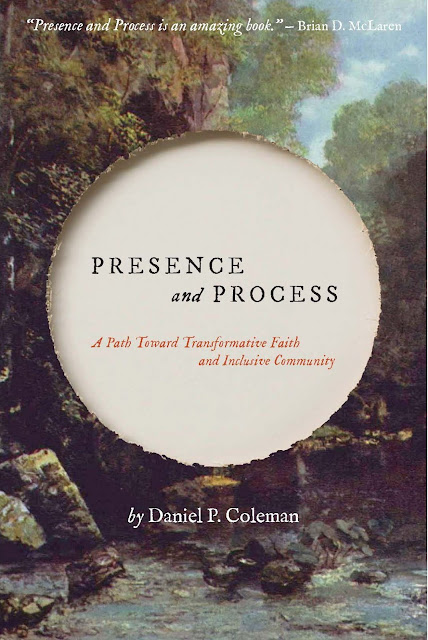Here's why I, as a Christian, intentionally say "Happy Holidays"...
We no longer live in a provincial land where one culture or religion
dominates and dictates. The reality is that the world is becoming more
diverse and mixed and multicultural. That's a beautiful thing; not a
reason to retreat into monocultural ghettos. The more I learn about
other faiths and other cultures the more I appreciate them as well as my
own as pieces of a wonderful mosaic of human aspiration.
My neighbors
come from various Asian backgrounds, are African-American, are Middle
Eastern, originate from south of the border, emigrated from India, are
Native American, and some--like me--are descended from European
immigrants. We're all in this together.
So I respect their holy days and appreciate when they respect mine.
Here are some of the holy days, in addition to the various Christian ones, that occur in December and January:
Ashura (Sunni Muslim)
Bodhi Day (Buddhist)
Pancha Ganapati (Hindu)
Saturnalia (Pagan)
Yule (Scandinavian/Pagan)
Winter Solstice (Pagan)
Hanukkah (Jewish)
Kwanzaa (African-American)
Guru Gobindh Singh’s Birthday (Sikh)
Lunar New Year (Asian)
Eid Milad UnNabi (Islam)
Sadeh (Zoroastrian/Persian)
Chahar Shanbeth Suri (Zoroastrian/Persian)
Gantan Sai/Shogatu (Shinto)
Magahi (Sikh)
Makar Sankranti (Hindu)
-DC















